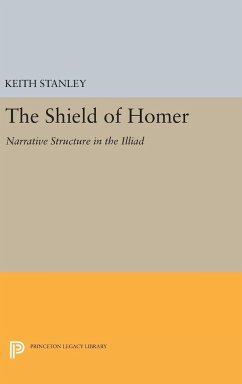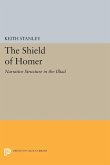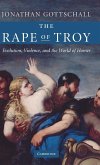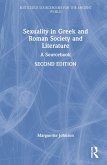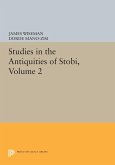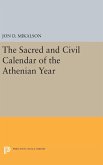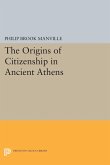In this masterly interpretation of narrative sequence in the Iliad, Keith Stanley not only sharpens the current debate over the date and creation of the poem, but also challenges the view of this work as primarily a celebration of heroic force. He begins by studying the intricate ring-composition in the verses describing Achilles' shield, then extends this analysis to reveal the Iliad as an elaborate and self-conscious formal whole. In so doing he defends the hypothesis that the poem as we know it is a massive reorganization and expansion of earlier "Homeric" material, written in response to the need for a stable text for repeated performance at the sixth-century Athenian festival for the city's patron goddess. Stanley explores the arrangement of the poem's books, all unified by theme and structure, showing how this allowed for artistically satisfying and practically feasible recitation over a period of three or four days. Taking structural emphasis as a guide to poetic discourse, the author argues that the Iliad is not a poem of "might"--as opposed to the Odyssean celebration of "guile"--but that in advocating social and personal reconciliation the poem offers a profound indictment of a warring heroic society. Originally published in 1993. The Princeton Legacy Library uses the latest print-on-demand technology to again make available previously out-of-print books from the distinguished backlist of Princeton University Press. These editions preserve the original texts of these important books while presenting them in durable paperback and hardcover editions. The goal of the Princeton Legacy Library is to vastly increase access to the rich scholarly heritage found in the thousands of books published by Princeton University Press since its founding in 1905.
Hinweis: Dieser Artikel kann nur an eine deutsche Lieferadresse ausgeliefert werden.
Hinweis: Dieser Artikel kann nur an eine deutsche Lieferadresse ausgeliefert werden.

